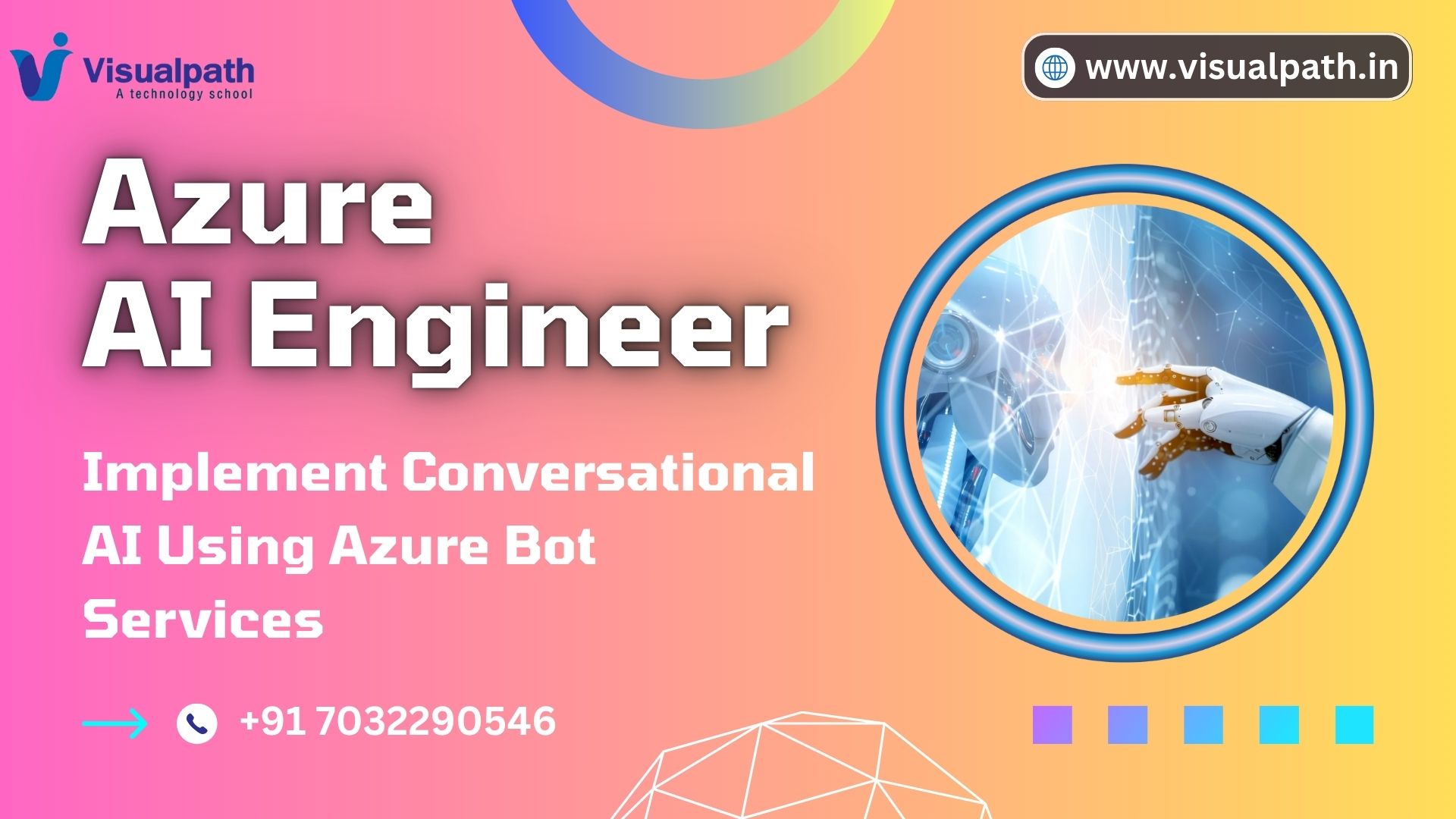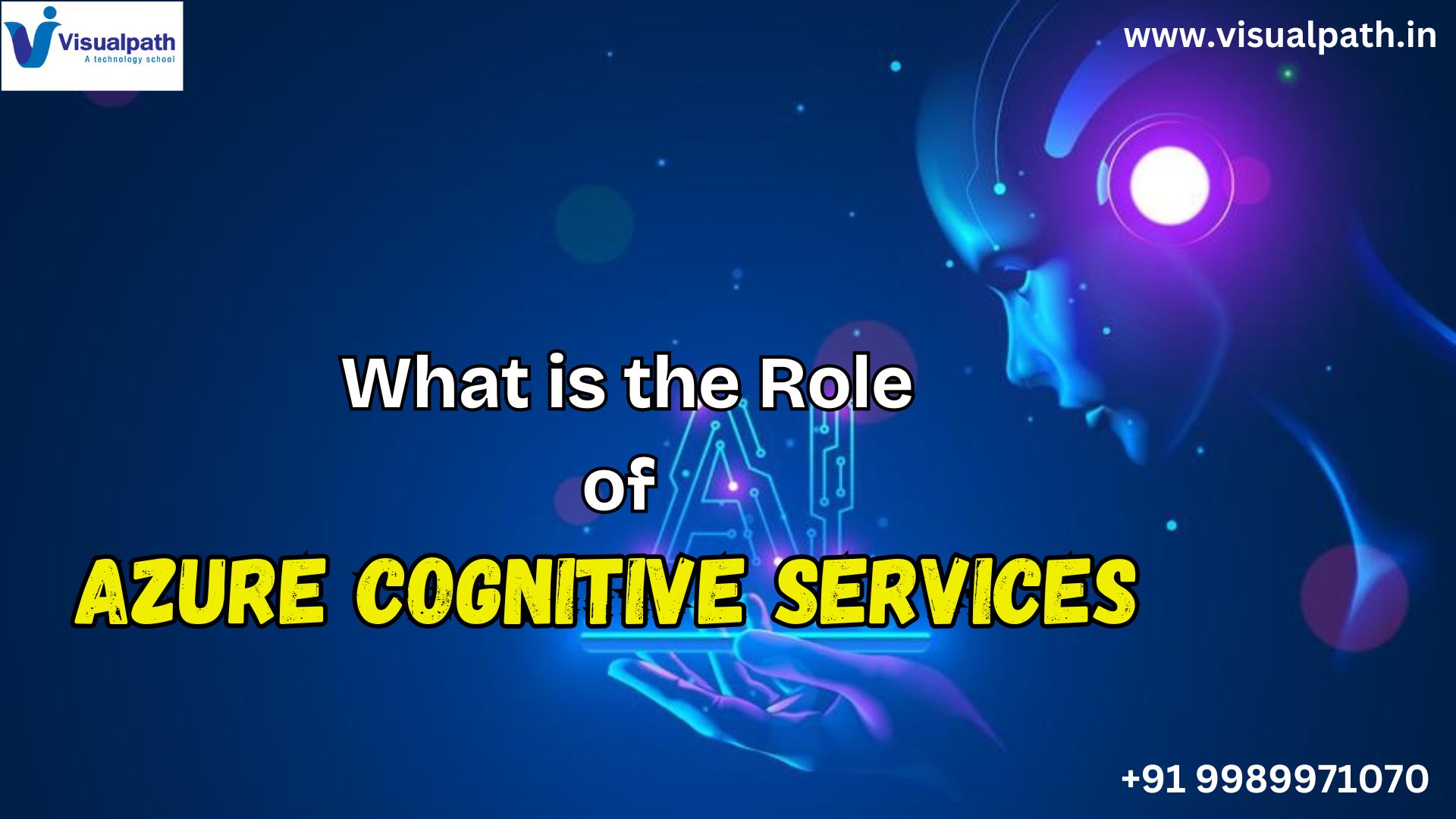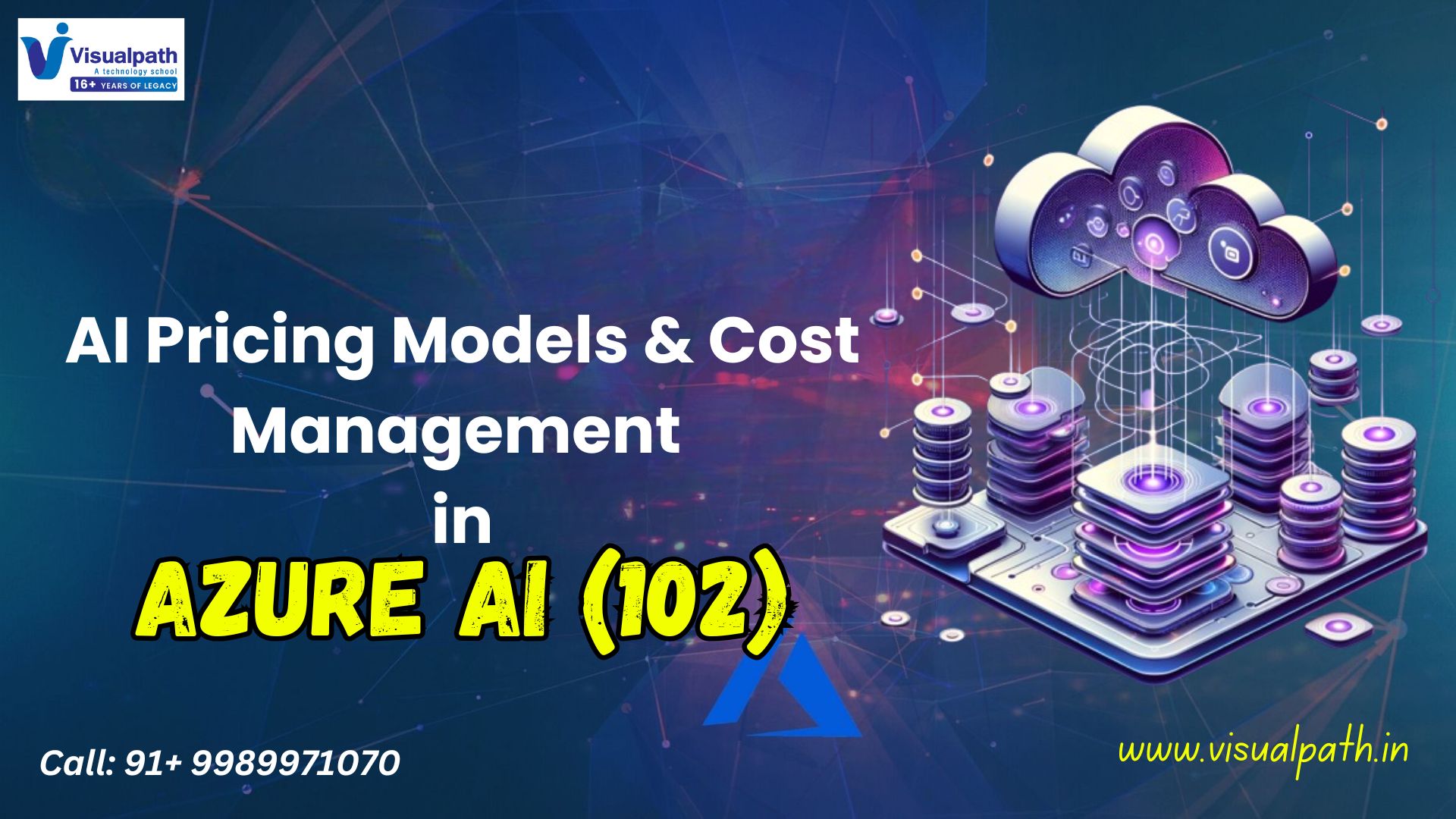Azure Video Analyzer, formerly Azure Media Analytics and part of the Azure Cognitive Services suite, enables organisations to extract actionable insights from video content. Whether you’re working in security, retail, media, or manufacturing, Azure Video Analyzer combines AI capabilities with video analytics to transform how you interact with and utilize video data.
What Is Azure Video Analyzer?
Azure Video Analyzer is a powerful cloud-based service that processes and analyzes live or recorded video streams. It integrates computer vision and AI to extract metadata, detect objects, track movement, recognize faces, and analyze behaviors in real time. This service is ideal for enterprises looking to automate video surveillance, enhance operational intelligence, or develop smart applications. Azure AI Engineer Training
Key Features of Azure Video Analyzer
- Real-Time Video Processing
Azure Video Analyzer allows you to ingest video streams in real-time using Azure IoT Edge or cloud environments. This enables quick decision-making and alerts based on live visual inputs. - AI-Powered Video Insights
It uses prebuilt AI models to detect motion, recognize faces, read text (OCR), and classify objects. These insights can help in monitoring, compliance, and safety. - Integration with Azure Services
The service can be easily integrated with Azure Functions, Azure Event Hub, Azure Blob Storage, and Azure Stream Analytics for seamless workflows, storage, and custom event-driven logic. - Edge and Cloud Compatibility
Azure Video Analyzer supports deployment both in the cloud and on the edge via Azure IoT Edge, which is especially useful for on-site video processing in low-latency or bandwidth-constrained environments.
How to Use Azure Video Analyzer
1. Set Up Your Azure Environment
Start by creating an Azure Video Analyzer account through the Azure portal. You’ll also need related services like Azure IoT Hub, Azure Storage, and optionally Azure Functions or Logic Apps for automation. Microsoft Azure AI Online Training
2. Ingest Video Streams
You can connect live video feeds from IP cameras or recorded content stored in Azure Blob Storage. The video stream is captured and sent for processing in real time.
3. Configure Video Analysis Pipeline
Create a processing pipeline to specify what type of analysis you want to perform. Options include:
- Motion detection
- Face recognition
- Object tracking
- People counting
- Scene segmentation
You can use the Azure CLI, REST API, or portal UI to configure these pipelines.
4. Trigger Events and Actions
Based on the analysis, you can configure triggers to send alerts or initiate workflows. For example, if a person is detected in a restricted area, Azure Video Analyzer can invoke an Azure Function to send an alert email or update a dashboard. AI 102 Certification
5. Store and Analyze Metadata
All insights generated from the video feed—such as object location, timestamp, or face recognition results—are stored as metadata. This can be saved in Azure Data Lake or Azure SQL Database for further analysis using tools like Power BI or Azure Synapse Analytics.
Common Use Cases
- Retail: Monitor customer behavior, count foot traffic, or optimize store layouts.
- Manufacturing: Detect safety gear violations or monitor machinery zones.
- Security and Surveillance: Detect unusual behavior, intrusions, or unattended objects in real time.
- Media and Entertainment: Automatically tag, index, and search archived video content. Microsoft Azure AI Engineer Training
Benefits of Using Azure Video Analyzer
- Scalability: Supports thousands of concurrent video feeds.
- Flexibility: Works with a wide range of video sources and formats.
- Intelligence at the Edge: Reduces bandwidth costs by processing locally.
- Time and Cost Savings: Automates tasks that would otherwise require manual monitoring.
Conclusion
Azure Video Analyzer is a game-changer in the way businesses interact with video content. By combining real-time video ingestion, AI-driven analytics, and seamless integration with other Azure services, it helps unlock deep insights from visual data. Whether your goal is safety, automation, or customer engagement, Azure Video Analyzer provides the tools you need to innovate and optimize operations.
Trending courses: AI Security, Azure Data Engineering, SAP PaPM




